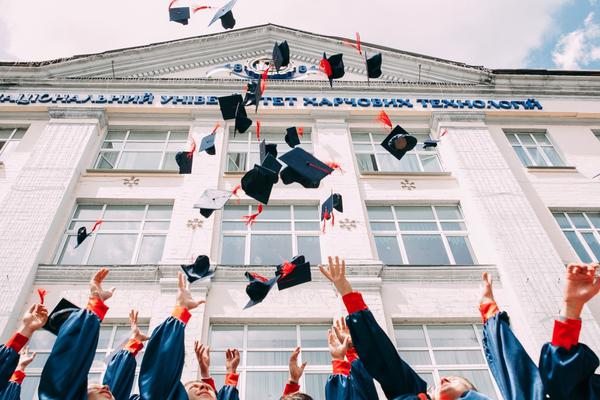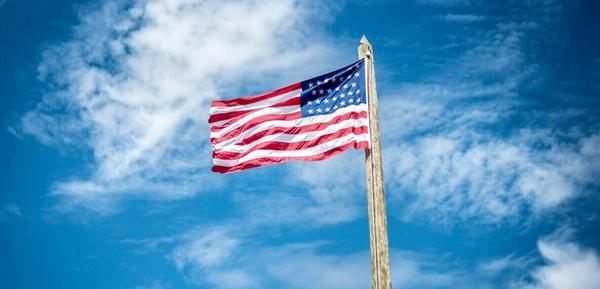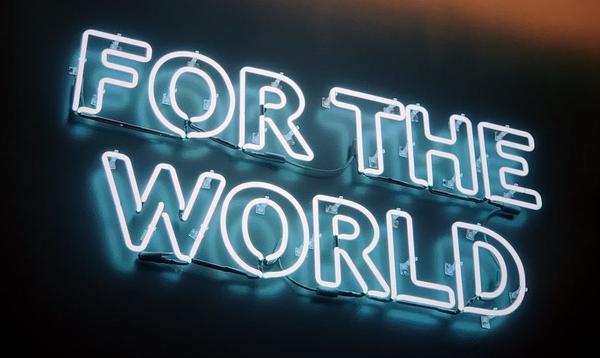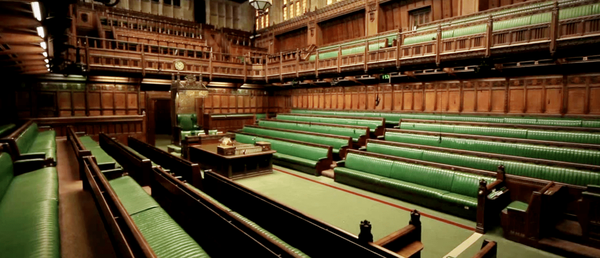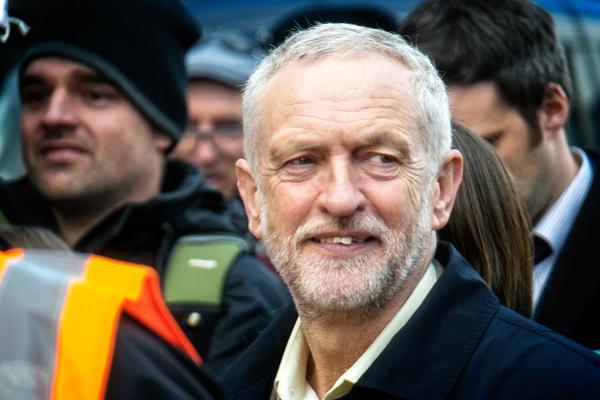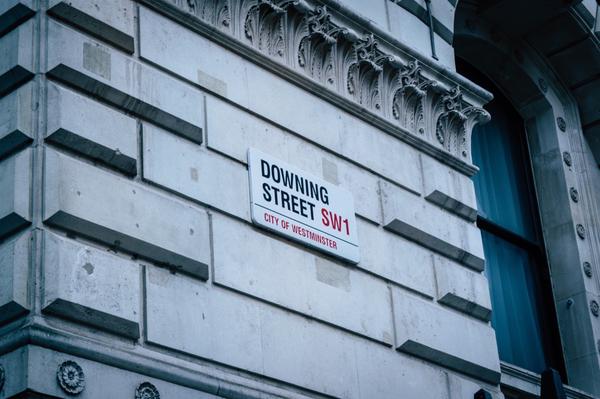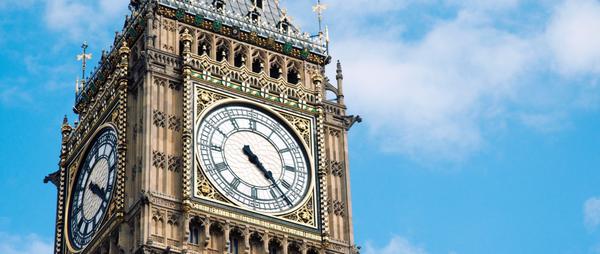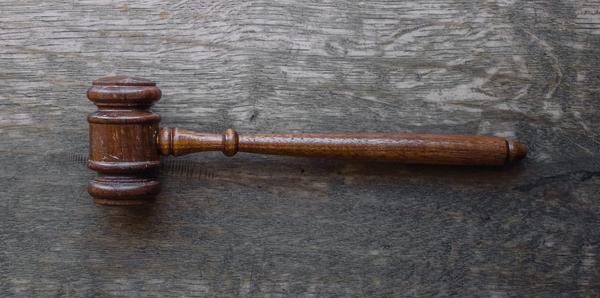
Letter: The praise-and-blame game
Sir: I think there is another Sturgeon paradox (‘Queen of Scots’, 5 December): that getting independence might actually damage her modus operandi. Currently she is able to pin anything which goes wrong on Westminster and take anything which goes right for herself. Lower prevalence of coronavirus in Scotland? Well, that’s because of Scotland’s control over health policy. What about the higher Covid death rate in Scotland then? Well, that’s because Scotland doesn’t have enough control over health policy. The sharing of powers allows blame and praise to be attributed as it suits. Yet only Sturgeon and the Nationalists can play this game. If the Unionists did so it would play straight into Sturgeon’s hands: ‘The Westminster elite are blaming us for their mistakes.’ This tactic is part of what has enabled the independence cause to surge so swiftly these past few years. But if Sturgeon gets what she wants, the game’s over. With independence, that narrative no longer works. Any blame would fall squarely on her shoulders.
George Campkin
Seaview, Isle of Wight
